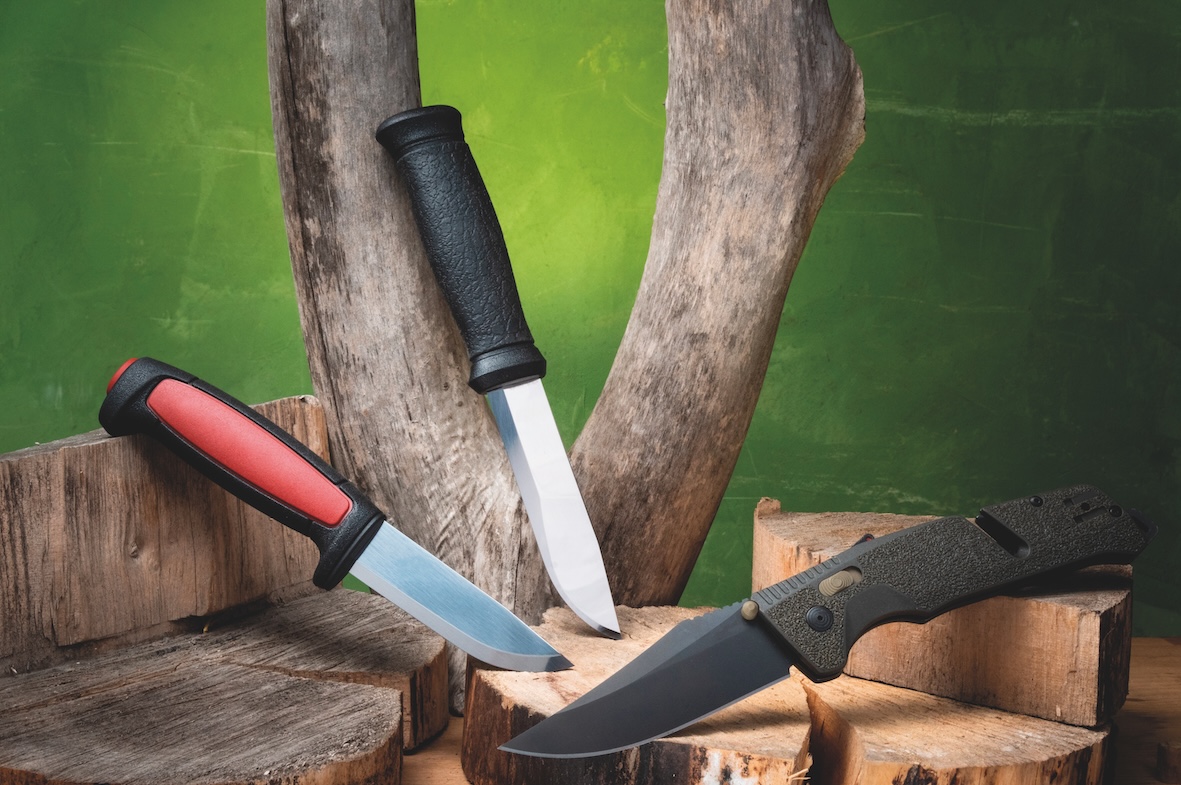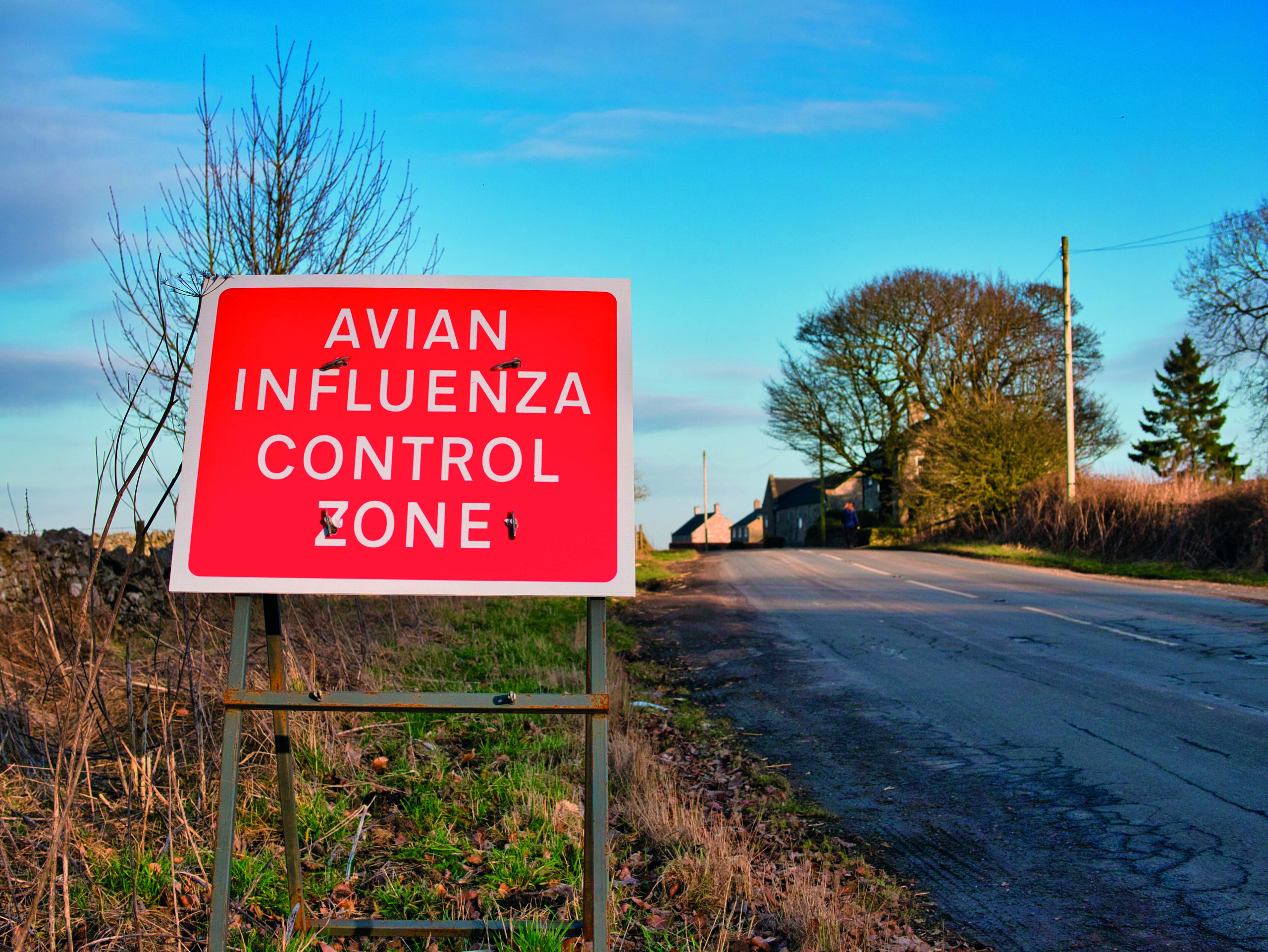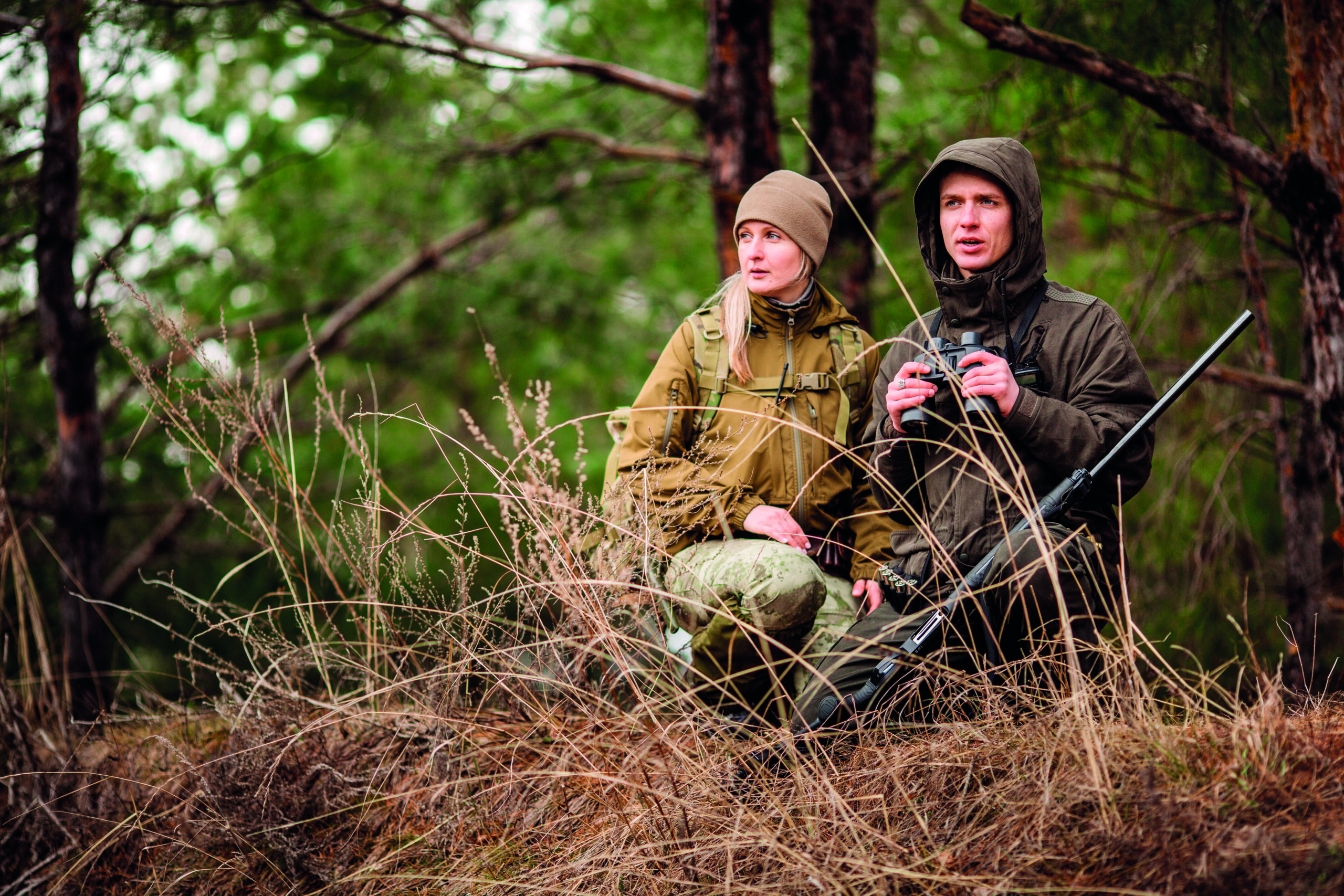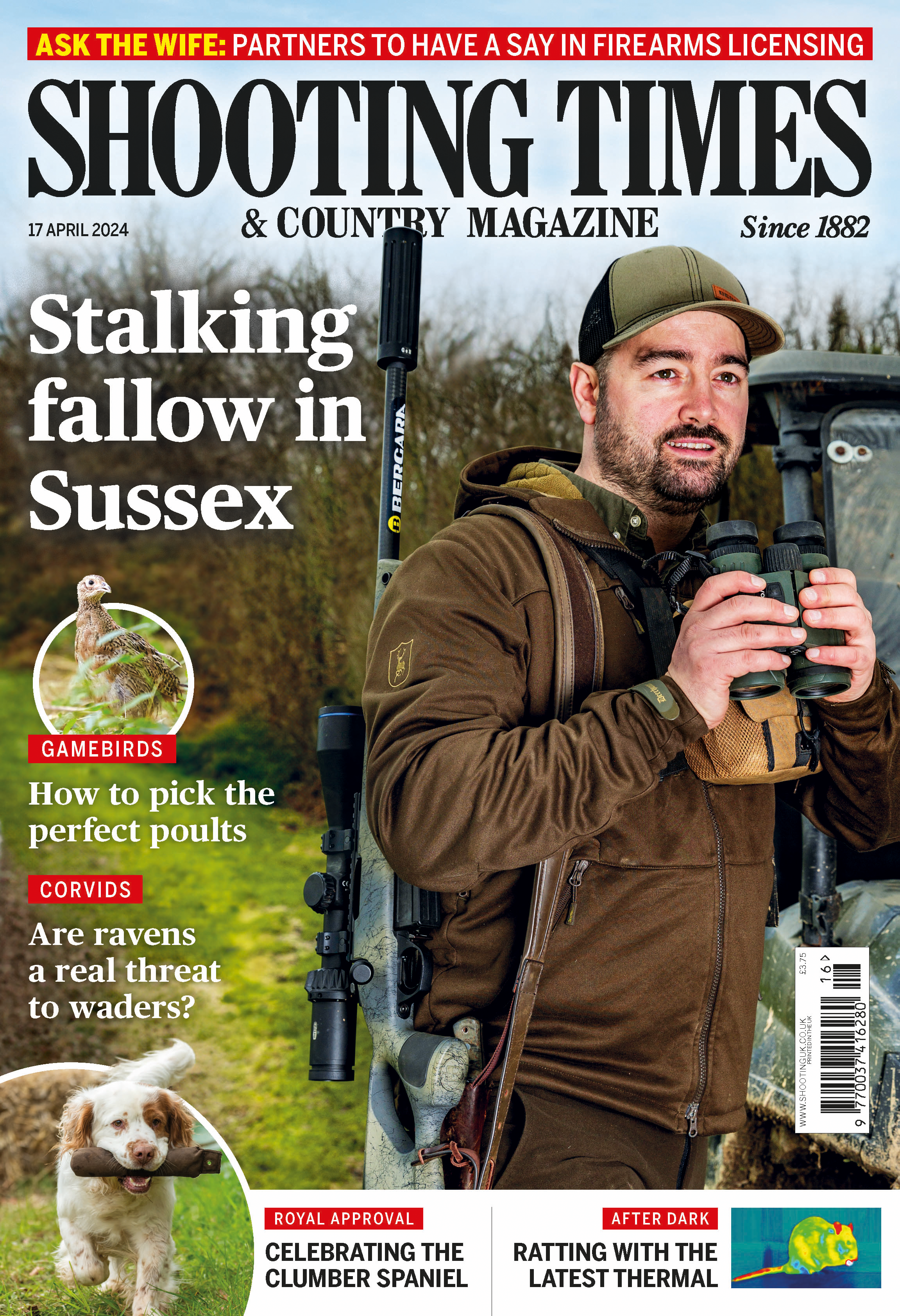RSPB praise gamekeepers’ conservation work
The RSPB has praised the work carried out by keepers and private landowners in Scotland in their fight to save the capercaillie, despite this rare bird remaining under ?serious threat from a second UK extinction?.
The most recent survey of the bird, carried out by RSPB Scotland and Scottish National Heritage (SNH), estimates its population at only 1,228 individuals, three-quarters of which are confined to Badenoch and Strathspey.
The previous census in 2004 had put the number at around 1,980. Stuart Housden, director of RSPB Scotland, said: ?There can be little doubt that this decline would be worse were it not for the efforts of public and private forestry managers, land managers and gamekeepers backed by the European LIFE funding programme.?
Once extinct in the UK, capercaillie were reintroduced to Perthshire in the 1830s.
As recently as 1970 there were thought to be as many as 20,000 individual birds, but a drop to 1,073 in 1989 triggered intensive work by conservationists and land managers.
However, Alex Hogg, chairman of the Scottish Gamekeepers? Association (SGA), said he believes the RSPB has got it wrong by blaming the falling numbers partly on collisions with forestry deer fences, which it says ?can significantly increase adult capercaillie mortality.?
Alex Hogg said: ?It?s ridiculous to blame deer fences for the decline of the capercaillie. The RSPB needs to face up to the fact that the real problem is predation, in particular the growth in pine marten numbers. That fact was highlighted in this latest report. And the other key threat to the birds is that posed by ticks.?
?Millions of pounds have been spent on taking down deer fences ? all to no avail. The SGA warned five years ago that the birds needed to be protected from fox, pine marten and buzzard predation but the warnings fell on deaf ears ? and our natural heritage is the poorer for it.?
?Gamekeepers are doing a good job, but we could do a much better one and achieve real results for the capercaillie if our advice was heeded.?
A separate study by the Game & Wildlife Conservation Trust (GWCT), funded by SNH, also pointed to evidence of predation as one of the reasons behind the decline in the capercaillie?s recent breeding success.
GWCT director Scotland Dr Adam Smith said: ?Increasing numbers of foxes and pine martens, coupled with changing weather conditions, appear to be the key to explaining the breeding performance of capercaillie. There?s not much we can do about the weather, but we can do something about predators.?
?Of course we should be doing something about foxes ? they are legally controllable vermin. The question now is how can we inform ourselves, SNH and the public about whether we need to do something to address the pine marten issue as well.?








